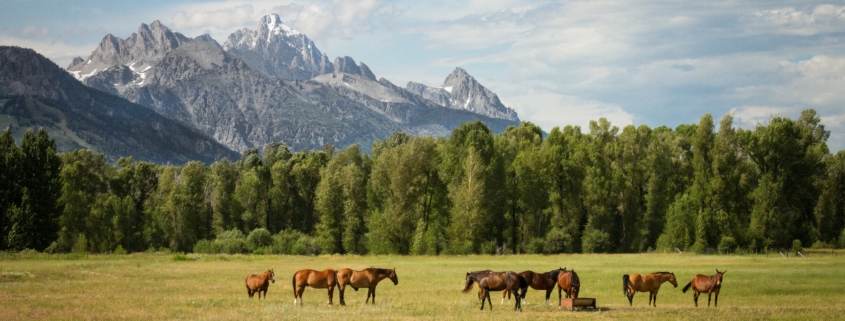Restoration of Degraded Grasslands Can Benefit Climate Change Mitigation and Key Ecosystem Services
New research has demonstrated how, in contrast to encroachment by the invasive alien tree species Prosopis julifora (known as Mathenge -in Kenya or Promi in Baringo), restoration of grasslands in tropical semi-arid regions can both mitigate the impacts of climate change and restore key benefits usually provided by healthy grasslands for pastoralists and agro-pastoralist communities.
A team of Kenyan and Swiss scientists, including lead author Ms.Purity Rima Mbaabu, affiliated to Kenya Forestry Research Institute, Institute for Climate Change and Adaptation of University of Nairobi and Chuka University and Dr. Urs Schaffner from CABI’s Swiss Centre in Delémont, assessed how invasion by P. julifora and the restoration of degraded grasslands affected soil organic carbon (SOC), biodiversity and fodder availability.
The study, published in Scientific Reports, revealed that degradation of grasslands in Baringo County, Kenya, has led to a loss of approximately 40% of SOC, the most important carbon pool in soils. These findings confirm that grassland degradation significantly contributes to the release of greenhouse gasses and thus to climate change.

